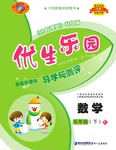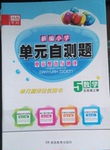题目内容
Many people in Haiti died from the earthquake becau se they didn’t have_______ to immediate rescue.
se they didn’t have_______ to immediate rescue.
A. access B. approach
C. admission D. attention
练习册系列答案
 优生乐园系列答案
优生乐园系列答案 新编小学单元自测题系列答案
新编小学单元自测题系列答案
相关题目
题目内容
Many people in Haiti died from the earthquake becau se they didn’t have_______ to immediate rescue.
se they didn’t have_______ to immediate rescue.
A. access B. approach
C. admission D. attention
 优生乐园系列答案
优生乐园系列答案 新编小学单元自测题系列答案
新编小学单元自测题系列答案